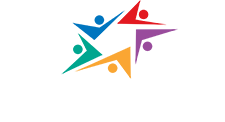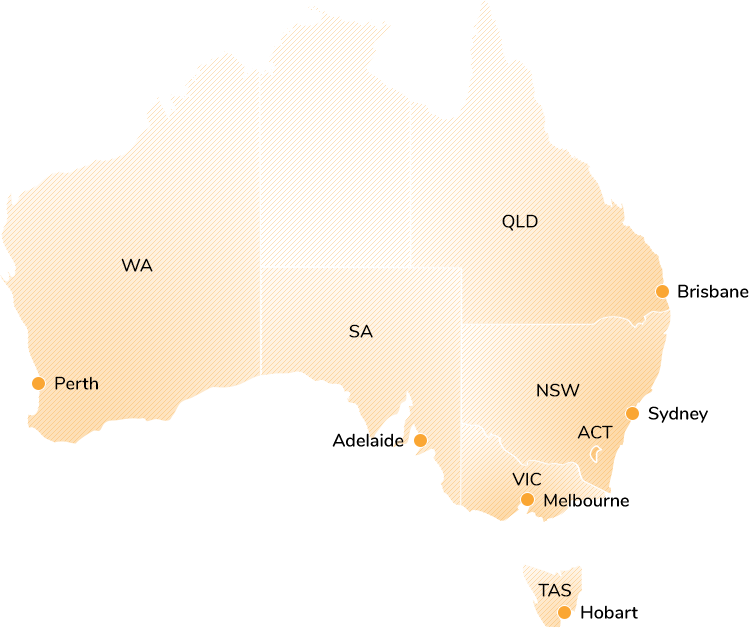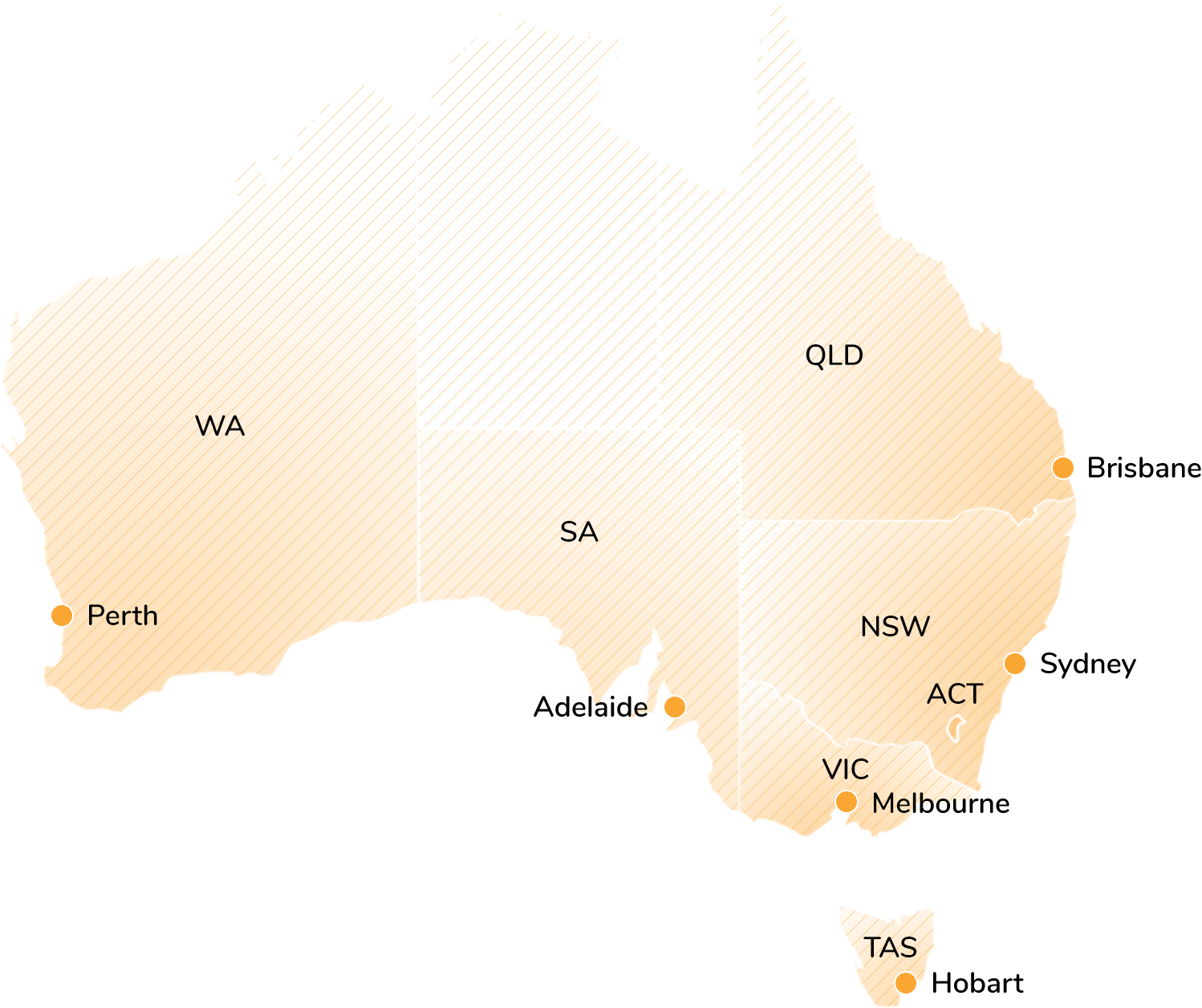Q&A with Akanksha Chhettri, PBS Practitioner and Board Member of Autism Compassion Africa
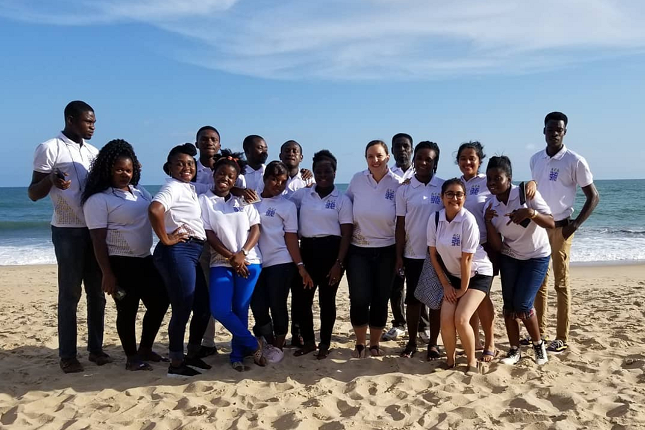
Autism Compassion Africa (ACA) is a non-profit organisation dedicated to raising awareness and advocating for children on the autism spectrum. A valued member of our team, Akanksha Chhettri is a Behaviour Analyst (BCBA/IBA)1 and Behaviour Support Practitioner. Akanksha volunteers as an ACA Board Member, and we value the opportunity to support Autism Compassion Africa.
About Autism Compassion Africa
Autism Compassion Africa’s primary purpose is to dismantle the stigma that surrounds autism in West Africa, in particular in Ghana and Nigeria. ACA also provides education to individuals and communities to help identify early signs of autism and provide resources to support children with autism.
Akanksha, you served as the Senior Clinical Supervisor at Autism Compassion Africa from 2018-2021. Tell us about ACA and the work they do in West Africa.
Autism Compassion Africa is one of my favourite places for a reason. I moved to West Africa soon after I received my ABA2 credentials and it was probably the best decision I have made. They are a non-profit organisation that was set up by my former fieldwork supervisor Whitney Hammel Anny and her friend Colleen Alabi who has a long-standing association with Ghana.
The centre is located in a house and the bedrooms are all being used as classrooms. We have individuals from the ages of 2-23 at the centre. The individuals attend the centre 8 hours a day and participate in a variety of activities tailored to their needs.
The fee system is highly subsidised (between 80-99%), on a sliding scale and during intake we take into account the financial circumstances of each family. Participant fees are a very small portion of the costs that come with setting up a high quality 1:1 program. Most of the operational costs are covered by our consulting efforts in the capital cities like Accra in Ghana and Abuja in Nigeria as well as through fundraising efforts.
Back in 2019 I also helped ACA with their fundraiser in Seattle where local crafts were sold at an auction-style event. These funds were then directed back to Cape Coast in Ghana, which is primarily a fishing community, and used to cover costs of running the centre and also for specific projects. For instance, while I was there one of our students who was unable to walk needed leg braces. Some of the funds were used to get them the appropriate equipment, services of an OT and a walker.
Aside from the 1:1 work, we participate in a lot of community outreach programs to build acceptance and also help improve the quality of life for everyone in the community. An undeniable fact is that you cannot serve a group of people without fully understanding where they come from, what their beliefs are and what they value. That is why even though I was in the position of a supervisor I always made sure I was open to being educated by my mentees who were local and knew much more about the context we were operating in than me.
We also have regular collaborations with the nursing school of the University of Cape Coast. Our belief is that a collaborative approach is the best approach because it is the most effective way to disseminate information, knowledge and most importantly build that compassion towards our participants.
The team has also put in a big effort into using ACA as a practicum site. We have interns doing educational practicum placements here as well as Psychology PhD students. ACA has also recently signed a memorandum of understanding with Baylor University in the USA for their occupational therapy PhD students.
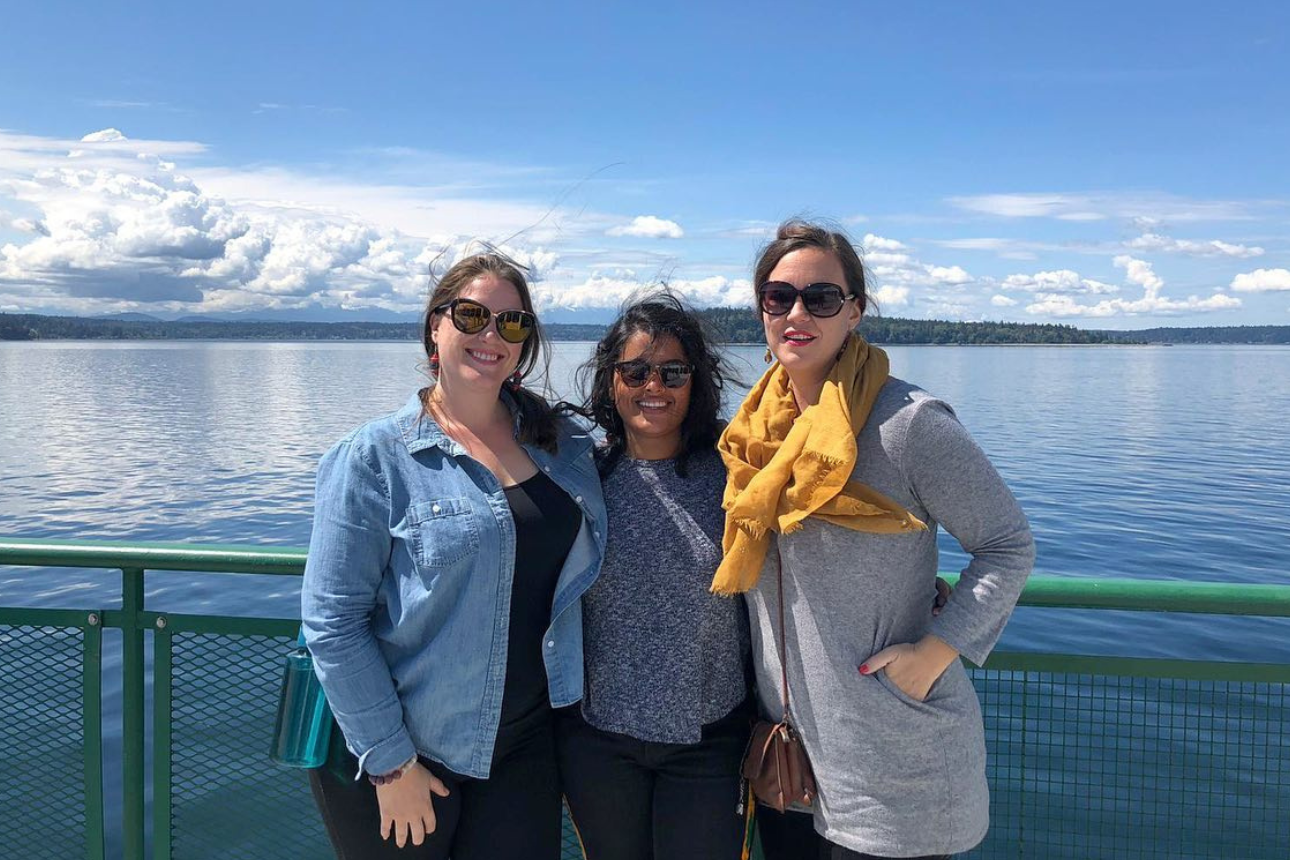
What did your role involve?
I was there to essentially train my team so that I would no longer be needed. We place a big emphasis on local staff taking over leadership positions and taking the mission of ACA forward. The idea is very similar to what we have at Ability Consultants — we want to be able to improve the quality of life of participants across the country.
I did a lot of staff recruitment, training and upskilling. I also met with each family during our intake meetings and took stock of all of the factors that might affect their ability to participate in our program. At the Cape Coast centre I oversaw the clinical programming for 20 participants. This involved doing functional assessments with my team, collecting data, reviewing programs based on the data and creating behaviour support strategies. I also met with families once a month to go over progress, training and to ensure skills were being generalised across environments.
Before COVID-19 we also had a regular flow of volunteers from all parts of the world. I was in charge of looking into their goals and setting up projects for each of them to work on so that their time volunteering was of benefit to everyone. We really did not want to promote, what we call, voluntourism and wanted to make sure each volunteer was contributing positively while also maintaining a respect for the community they were in. The idea is not to have a top down approach of benevolence and charity but that of mutual benefit and learning.
During COVID-19, I helped develop online training modules for parents to help them manage behaviours of concern at home and to also continue skill building despite all the lockdowns.
After my first year at ACA I had the opportunity to start travelling to Nigeria each month to work with our clients there, train our Nigerian team and do the same things I would do for our clients at Cape Coast.
Another important ethos of the team was that no job is too small or too big for anyone. Clinicians, supervisors and everyone else on the team would participate in all tasks big and small equally.
How did you evolve as a Behaviour Analyst during your time at Autism Compassion Africa?
My journey as a Behaviour Analyst basically started at ACA. Like I had mentioned earlier, I got my credentials and found myself at ACA a few months later. I learnt so much about the importance of cultural humility, collaborative work and what it means to be an effective supervisor during my time there. I also lived onsite during my first year there and really got to immerse myself like a local. It was really life changing. It made me develop a whole new perspective.
Clinical interventions, data collection, and report writing are all aspects of our jobs as behaviour analysts/PBS practitioners but what I truly understood was the importance of human connection. We serve our clients and are therefore also indebted to them for trusting us to provide them with that care. My training had taught me some ethics but I soon realised that those ethics needed to be adjusted and were not set in stone, based on where you are serving. You cannot act with rigidity but from the perspective of mutual learning and benefit.
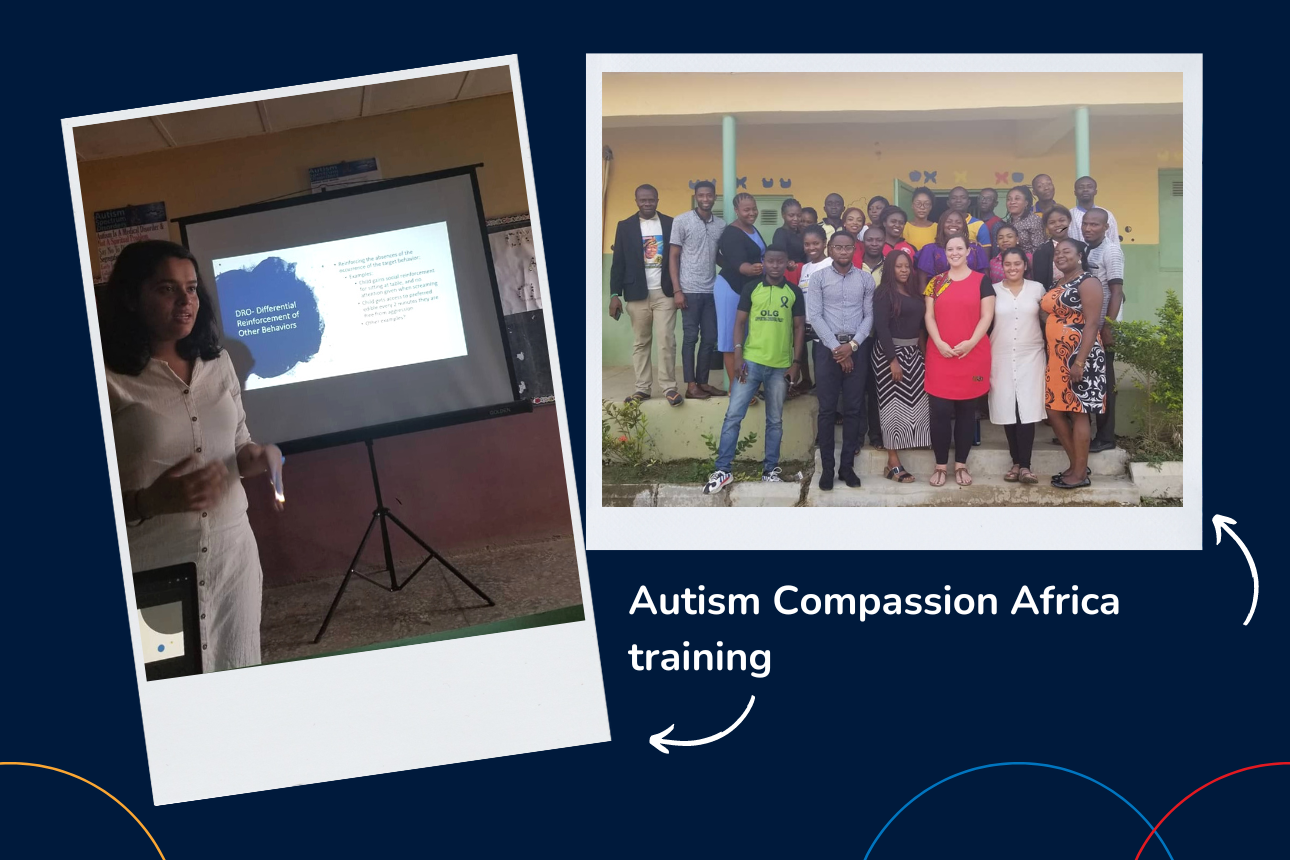
Applied Behaviour Analysis (ABA) in action
Can you explain what Applied Behaviour Analysis is and how it can help with Autism Spectrum Disorder?
Applied Behaviour Analysis (ABA) is the science of learning and behaviour. What I want to talk about though is reformed ABA. Historically ABA can be traced back many many years ago but it has evolved and rightfully so. The modern-day reformed ABA still has a focus on using data to guide interventions, creating individualised person-centred plans (because cookie-cutter plans are more dangerous than no plans at all) and also using the motivations/choices of the individuals to help reduce behaviours of concern and increase more adaptive replacement behaviours.
This approach and its techniques can help people on the autism spectrum improve their social skills, self-care skills, communication skills, play skills and ability to manage their own behaviour. It is important to emphasise that ABA should take into account the choice of each individual in their programming and interventions. It is also important to remember that change is the responsibility of everyone in society which includes both neurodiverse and neurotypical people. Everyone has to meet in the middle!
How do Behaviour Analysts use ABA to benefit children on the autism spectrum in West Africa?
Autism Compassion Africa believes in building local capacity to use the principles of ABA in the West African context. This includes imbuing all of the cultural values into the practice. When it was first started, Whitney was only one of two BCBAs in West Africa, which is roughly the size of the USA.
Additionally, ACA has collaborated with The Holy Family Hospital in Techiman to deliver ABA services and has developed a partnership with Multi Kids Academy in Accra. Now ABA is accessible to 3 regions in Ghana due to this effort! Recently ACA has also managed to open up a clinic in Accra!
Programming-wise a lot of programs were tailored to fit into the resources that were available in the community so that families could practise them with ease at home. For instance, a skill like handwashing needed to take into account specific steps that are taken in a local home as opposed to how we may think of the steps of a hand-washing sequence. We also included trade-ins for the students like drumming and singing local songs along with their clinicians.
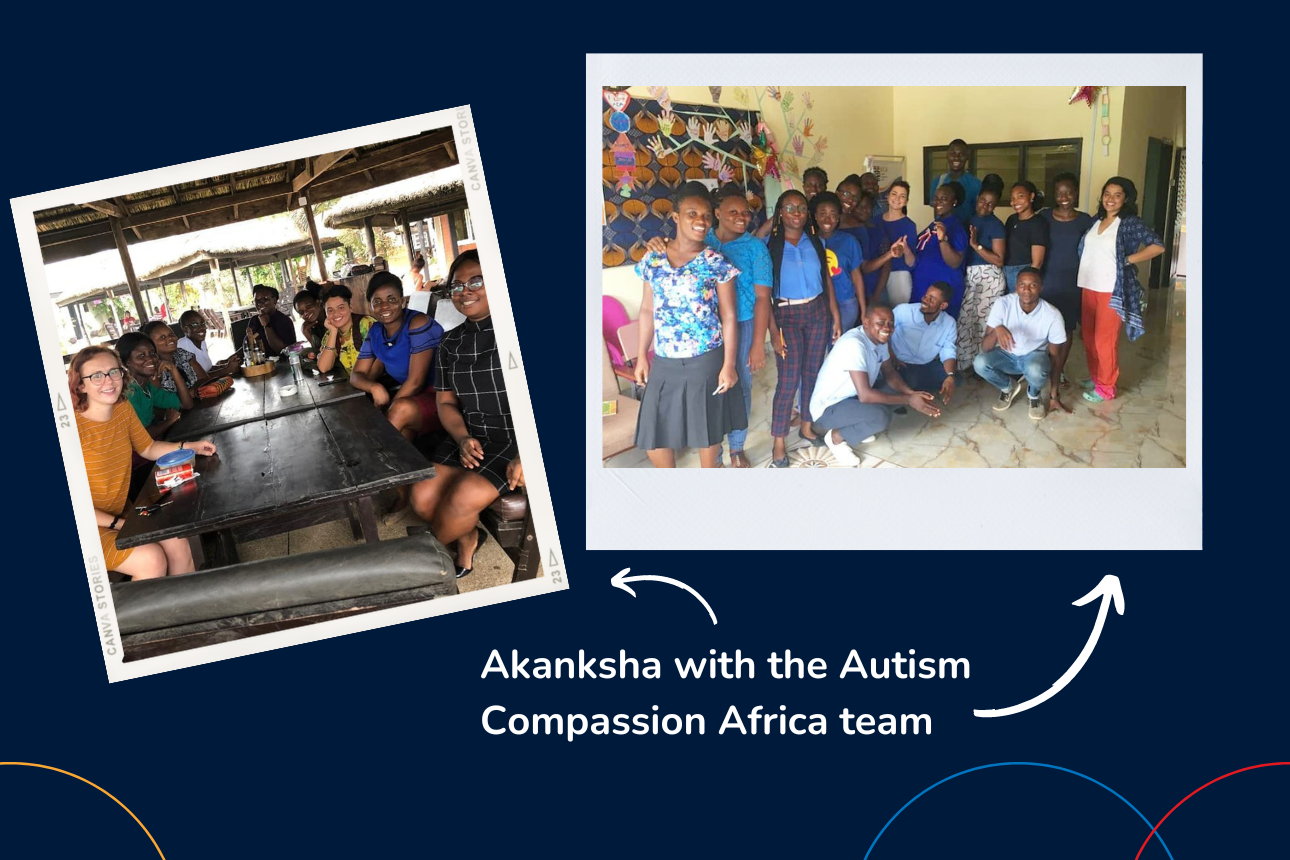
You’ve worked as a Behaviour Analyst and Behaviour Support Practitioner in India, Ghana, Nigeria and Australia. What are your observations about applying ABA in countries and cultures which differ?
Just two words on this: CULTURAL HUMILITY!
You cannot take a system, one way of practising and apply it in the exact same way to a different culture. That just does not work. Just like we would not use BSP strategies for one participant on another, you need to mould things to fit into a culture and not mould a culture to fit into an idea of the “right” way of doing things.
I remember how much it irked me when I was being trained in India and had situations where people were not very respectful or sensitive towards some aspects of India. I tried not to repeat those mistakes when the tables were turned, but I am very certain I made my own mistakes too!
Autism Compassion Africa is also working to build the community’s ability to provide ABA by supporting local staff in gaining their ABA certifications. Can you tell us more?
ACA has provided seven scholarships for ABA coursework over the years through the Florida Institute of Technology. This can be a very expensive affair as the course costs are in US dollars but staff are earning in the local currency and therefore may not be able to cover the costs involved.
I have had the immense pleasure of mentoring all of these wonderful practitioners. Additionally, Autism Compassion Africa has supported six more to get mentorship for practicum supervision making it 13 in all that have been impacted.
Ghana currently has seven International Behaviour Analysts with three up and coming and we have one IBA in Nigeria. When ACA first started, Whitney was the only certified Behaviour Analyst in Ghana. I was the second when I moved there!
Some of our staff have also now taken leadership roles in the upcoming Association for Behavior Analysis in Ghana (ABAG) and are currently filing paperwork to that effort.
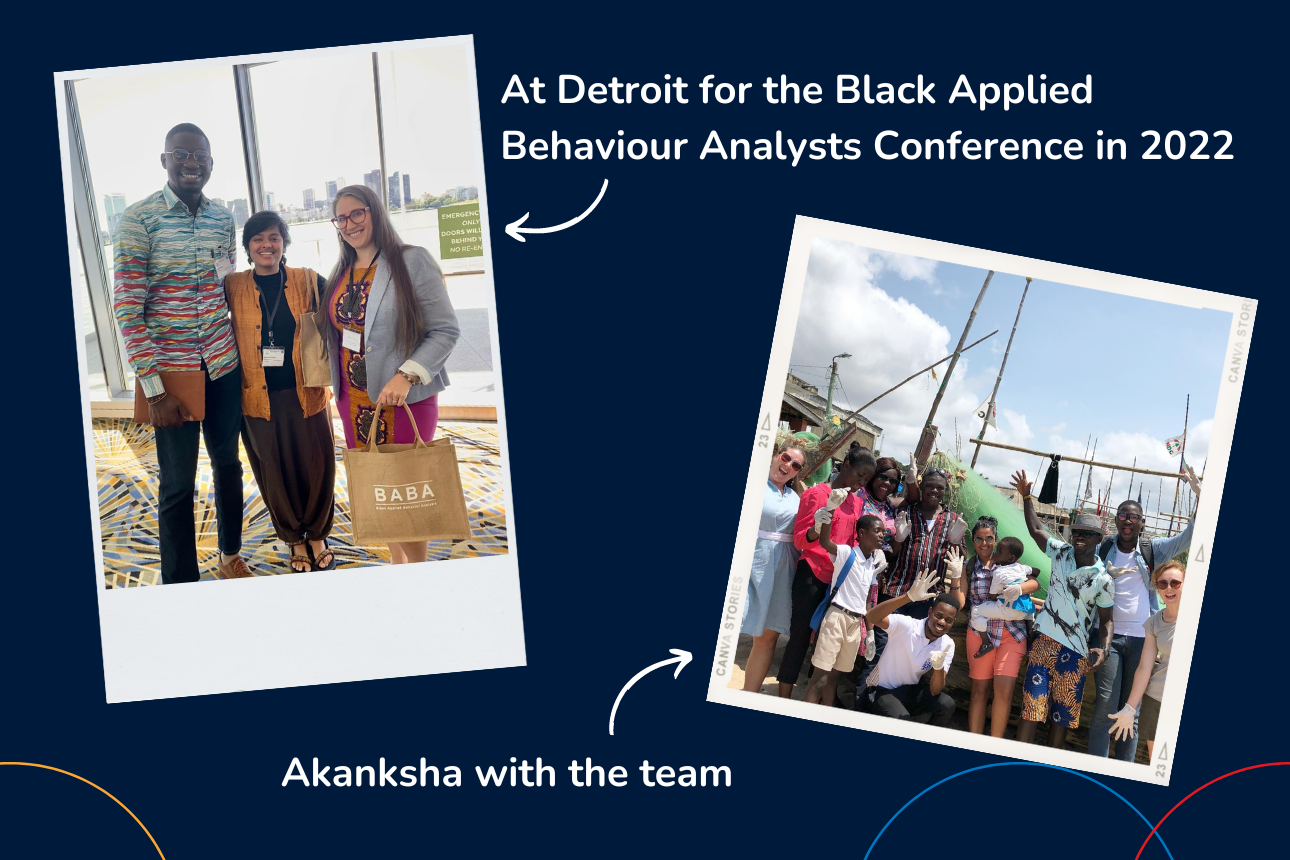
Learn more about Autism Compassion Africa
You can find out more about Autism Compassion Africa’s work here on their website. You can find more information about donating to ACA and also opportunities to work and volunteer on the ground in West Africa.
Autism Compassion Africa welcomes volunteers, interns and also provides opportunities for students to complete their behaviour analysis practicum in West Africa.
We have been focusing a lot more this past year on our branch that relates to raising awareness/acceptance. Some activities include:
- GT Bank Autism conference and consultations in Lagos — presenting to families and fellow educators/healthcare providers. The consultations were free for families who can't afford support so each year they come to the event for various consultations. The team consulted regarding behavioural challenges and gave advice to support families and showed them where they can find free resources.
- Partnership with GTBank for the inaugural GTBank Autism Consultations in Accra. We served over 150 families and helped to organise the event, bring in other professionals (SLPs, OTs, Psychiatrists, Developmental Peds, etc) to participate, and did media work to help share awareness further.
- Child development screenings in Prampram — ran the ASQ-3 with families in 4 different languages to support screenings for children 18-30 months old and point them to the next steps.
- Presented in The SEN & Autism Show in Accra that took place last fall and then again this April. Presented to parents and professionals.
- More outreach events across Cape Coast and Central Region — community walks/engagements, presentations at primary schools, and presentations at hospitals to healthcare professionals. These are on a bi-monthly to monthly basis now.
- Frequent radio/tv interviews to break down stigma and promote autism awareness and acceptance.
Here are YouTube links to some of the work:
Akanksha, what advice do you have for practitioners considering completing their practicum with ACA?
DEFINITELY GO FOR IT! I would not be half the clinician I am today had I not had my stint at ACA. But that is not all. Being in Ghana amongst the fabulous team is an experience like no other. Here in Australia we work across a very ethnically diverse community and groups of people and cultural humility is a very important tool in service delivery. Being in a completely different environment will compel you to stretch your limits of understanding and whatever you may have learnt or trained yourself in so far.
I still miss waking up to the sounds of the roosters, the children in the community saying “Hi Obroni” (foreigner in Fante, the local language), watching people dance and sing with such carefree joy, the vibrant colours of the local prints and being so close to the sea and palm trees. Whatever I have highlighted about ACA comes truly from deep within my heart and even though I am not a local I definitely miss it like home (sometimes even more than home itself!)
Another huge plus side was our team was very big on the singing and dancing aspect of things and a lot of our staff motivation programs included karaokes, dance events and loads of yummy food. One very interesting thing that we also learnt was our team preferred local delicacies like jollof rice to pizzas when out for staff appreciation dinners.
Ghanaians really enjoy it when someone is appreciative of their culture and wants to participate in their culture appreciatively. If you go in with the attitude of wanting to broaden your vision and perspective it will really help you immerse yourself in a life-changing experience.
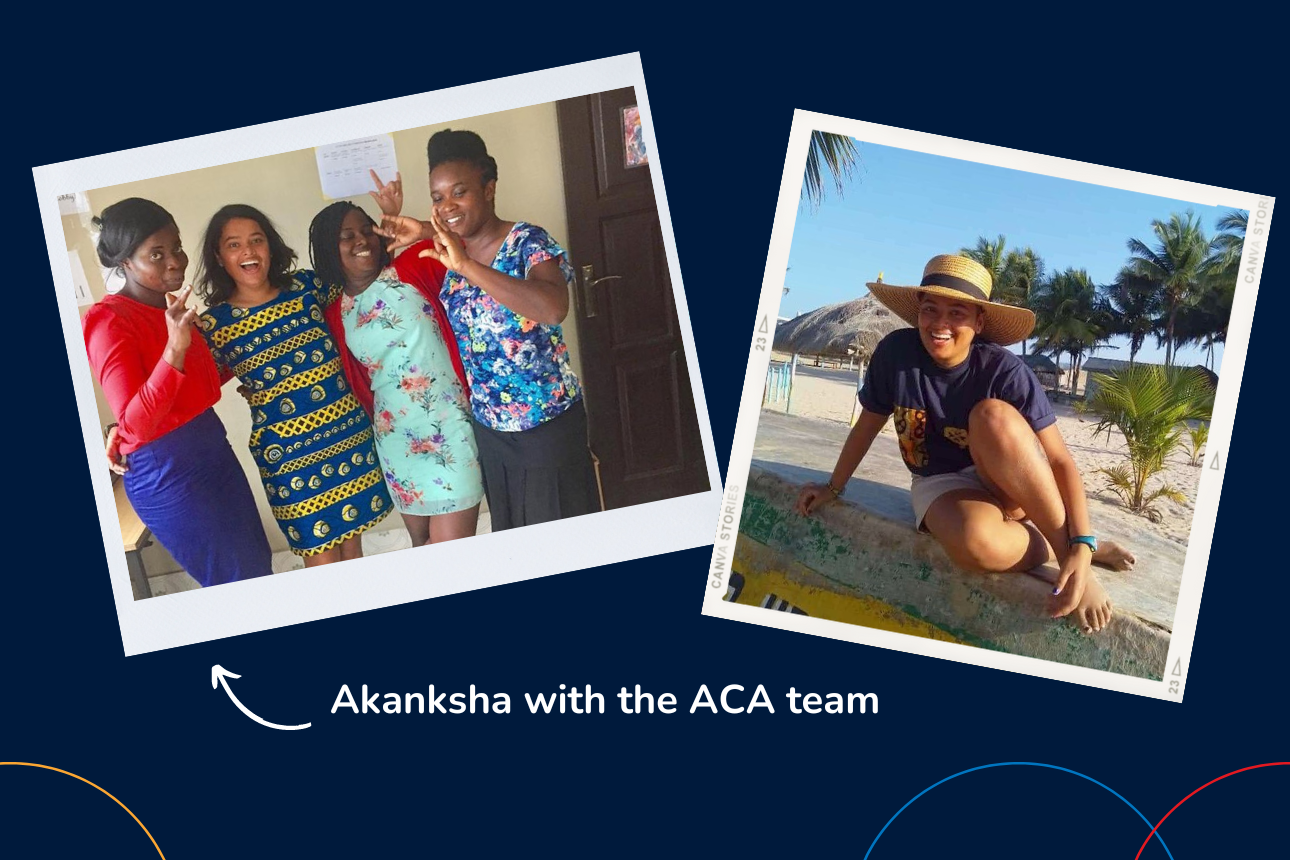
Notes:
- BCBA stands for Board Certified Behaviour Analyst and IBA stands for International Behaviour Analyst. Both are Applied Behaviour Analyst (ABA) certifications. There are more ABA certifications available in Australia, find out more in Ross Leighner’s article about ABA.
- ABA stands for Applied Behaviour Analysis and is described in more detail above. In addition, Akanksha wrote about ABA in an article on our website and explained that “It’s the science derived from the study of human behaviour (visible or not, including language or thoughts) and the way it is linked to particular environments, people, settings and skill repertoires.”

